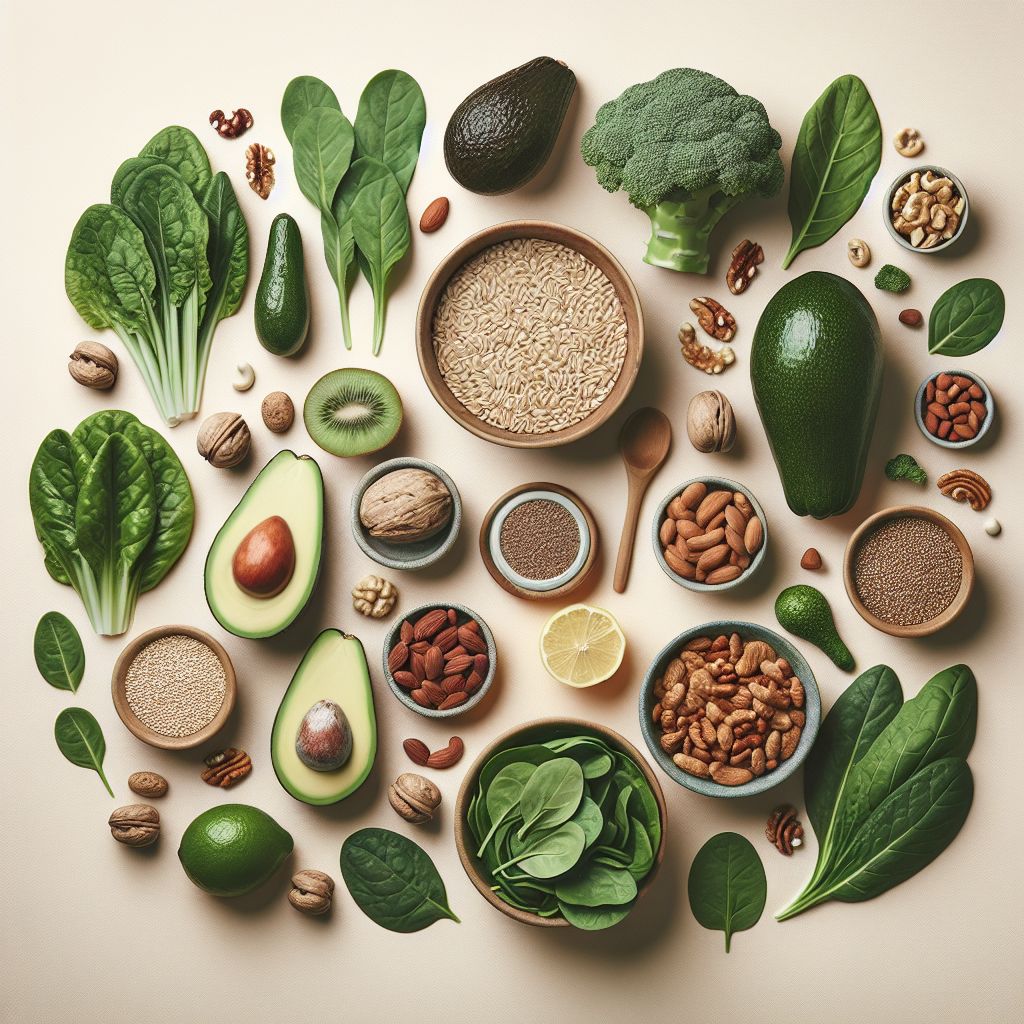Belly Fat Exposed: The Unexpected Diet Fixes to Melt It Away
Expert-recommended foods can help you lose harmful visceral fat in just a few months.

The Hidden Danger of Visceral Fat
Gaining weight around the middle as we age can significantly increase the risk of various diseases. While many people struggle with the visible belly bulge, it's not just the subcutaneous fat causing issues. Experts highlight that visceral fat, which lies deep within the abdominal area, is the real threat, as it surrounds vital organs and contributes to serious health problems.
Visceral Fat: Easier to Lose Than You Think
Despite being a major health concern, shedding visceral fat may be more achievable than many assume. According to the Cleveland Clinic, visceral fat metabolizes more quickly and can be reduced through consistent exercise and a healthy diet. With dedicated lifestyle changes over two to three months, noticeable reductions in visceral fat levels are possible.
Eat Better Without Deprivation
Losing visceral fat doesn't mean you have to cut out all your favorite foods. Nutritionists recommend focusing on the quality of your diet rather than merely reducing calories. By making smarter food choices and incorporating nutrient-rich options, you can effectively reduce visceral fat while still enjoying your meals and maintaining overall health.
Superfoods to Combat Visceral Fat
Certain foods can play a key role in reducing visceral fat and improving overall health. Kimchi, a fermented Korean cabbage dish, has been shown to lower obesity risk due to its live bacteria and low-calorie content. Similarly, Greek yogurt supports a healthy gut microbiome and can help regulate inflammation, making it a valuable addition to any diet aimed at combating visceral fat.
Incorporate Healthy Fats and Proteins
Incorporating healthy fats and lean proteins into your diet can aid in reducing visceral fat. Foods like avocados, olive oil, and fatty fish such as salmon are rich in omega-3 fatty acids, which have anti-inflammatory properties and support metabolic health. Additionally, lean proteins from sources like white meat, tofu, and beans help maintain muscle mass and promote a feeling of fullness, aiding in overall fat loss.
Conclusion: Taking Control of Your Health
Reducing visceral fat is essential for maintaining long-term health and minimizing the risk of serious diseases. By adopting a balanced diet rich in superfoods, healthy fats, and lean proteins, along with regular exercise, you can effectively manage and decrease visceral fat. Making these sustainable lifestyle changes will lead to a healthier body and enhanced overall well-being.
